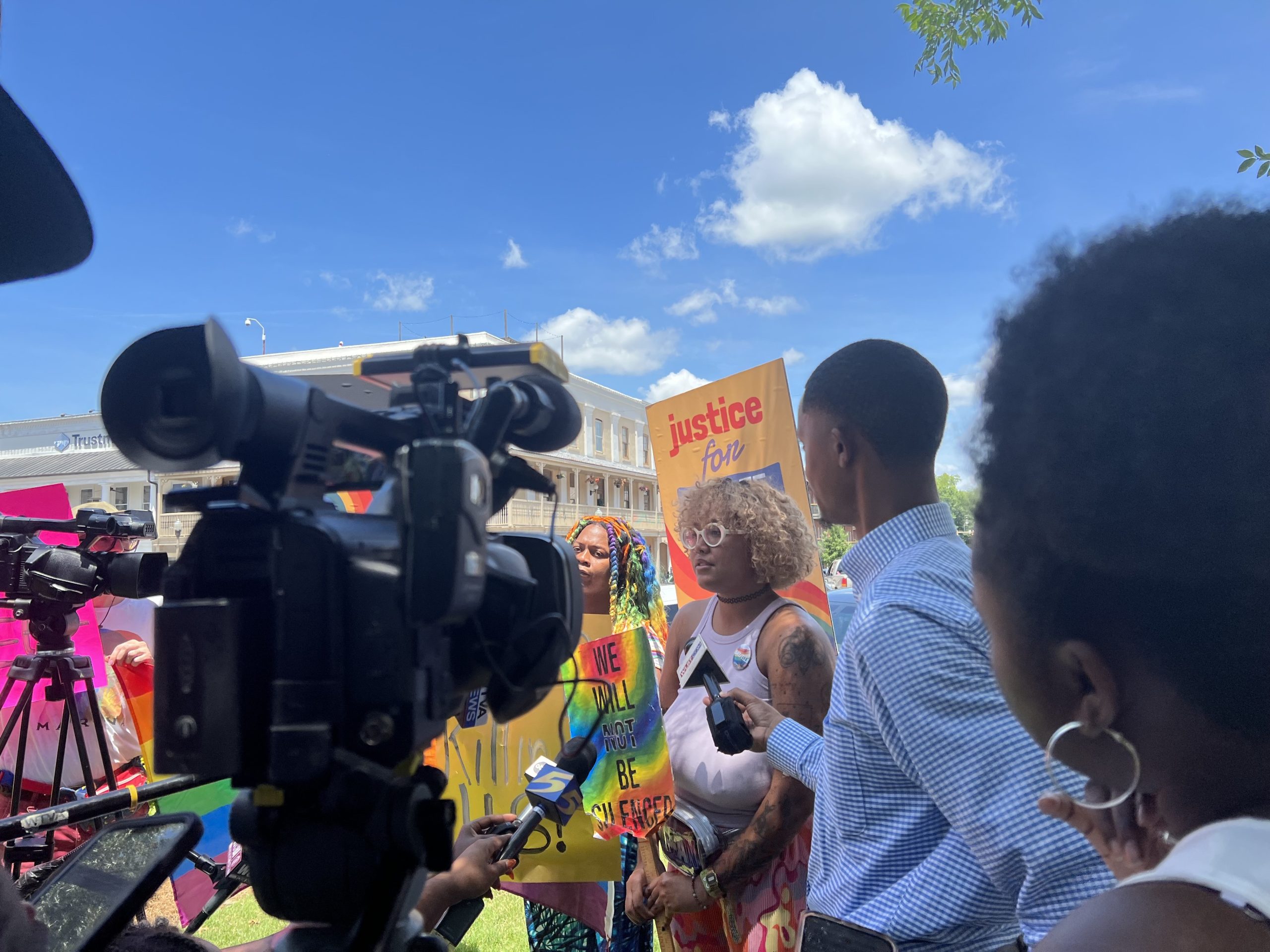A joint effort to seal filings in the case against a former Ole Miss student accused of slaying Jimmie “Jay” Lee is very unusual, a legal expert told Mississippi Today.
The petition states that due to “significant” media coverage, the only way Sheldon Timothy Herrington Jr.’s right to a fair trial will be secured is if the judge agrees to seal all pretrial documents, including docket entries, motions, exhibits, subpoenas and notices. It was first reported by the Oxford Eagle.
Lafayette County District Attorney Ben Creekmore and Herrington’s attorney, Rep. Kevin Horan, filed the motion together.
It is unusual to see prosecutors partnering with the defense to seal cases, said Mississippi College School of Law professor Matthew Steffey, because they work on behalf of the public in lieu of more archaic forms of vigilante or community justice. Therefore, the public has a right to know what the district attorney is doing on its behalf.
Plus, Steffey noted that defendants in Mississippi have a constitutional right not just to a speedy trial, but also to a public one. Herrington’s family, who is from Grenada, has maintained his innocence in interviews with news outlets, and dozens of people, including powerful local officials, have written letters to the court on Herrington’s behalf.
“It is not simply in our legal tradition to hold criminal trials in secret,” said Matthew Steffey, a Mississippi College law professor. “You make it secret enough, then it’s a ‘star chamber,’ albeit with jurors.”
So far, the case has been handled by Lafayette County Circuit Court Judge Gray Tollison.
The joint motion comes little over a month after Horan filed his own motion seeking a change in venue.
Also citing the media attention Herrington’s case has received, Horan’s motion argued that Herrington could not receive a fair trial in Lafayette County. He attached articles from multiple news outlets as well as screenshots of social media activity from Justice for Jay Lee, a group organized by Lee’s friends that has held protests outside the courthouse and called on police to find Lee’s body.
A ruling has yet to be made on either motion, but Horan has been successful in negotiating on behalf of Herrington in the past. A few months after Herrington was denied bond, Horan and the district attorney’s office came to an agreement that set bail, and Herrington was released.
Steffey said that judges very rarely grant change-of-venue motions, in part because the internet allows news to easily spread beyond specific communities.
“Changing venues doesn’t put the trial on the moon,” he said.
It’s one thing, Steffey added, for judges to seal specifics in a case in order to protect a police investigation or the names of witnesses. In Derek Chauvin’s trial, for example, the judge ordered the jury remain anonymous to preserve the officer’s right to a fair trial.
“But everything so that nobody has any kind of knowledge of the conduct of the case?” Steffey asked. “Do they intend to call and pick a jury in secret?”
Lee, a well-known member of Oxford’s LGBTQ+ community, went missing on July 8, 2022.
Herrington was arrested two weeks later. Police later determined that he had been in a sexual relationship with Lee and that his apartment was the last place Lee went. That night, a few minutes after Lee messaged that he was coming over, Herrington Googled “how long does it take to strangle someone gabby petito,” then “does pre workout boost testosterone.”
The theory of the case that prosecution presented during an earlier preliminary hearing is that Herrington killed Lee to keep their casual sexual relationship a secret — something Herrington’s defense attorney deemed “sensational.”
The Oxford Eagle reported that while Herrington’s trial is set for October, court officials said the date is expected to be pushed to December, after football season, considering the lack of hotels and the possibility that jurors will be brought in from surrounding areas.

